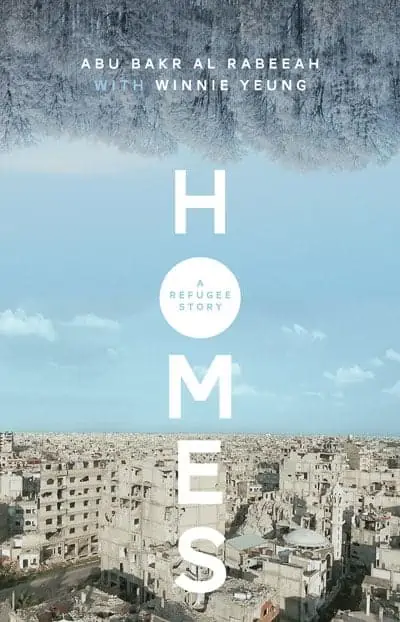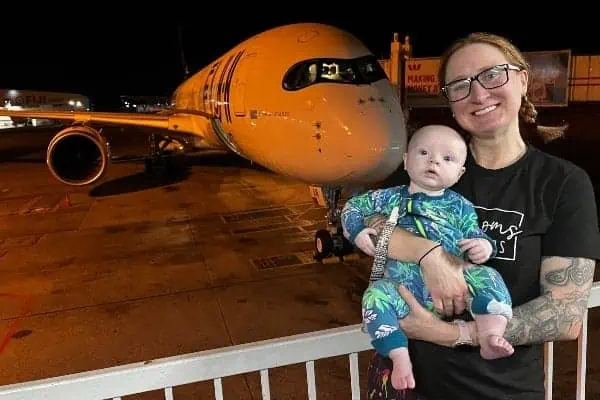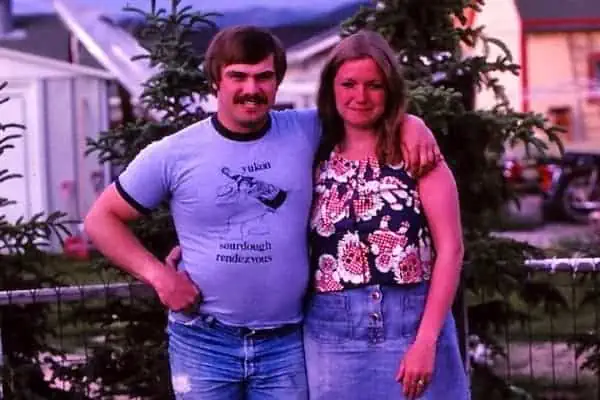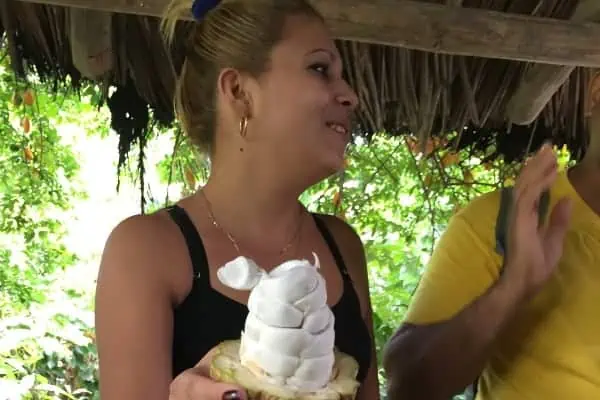
The sad truth was, you could not live in Syria and have a clean heart. How could you, when you live in a place where you’re randomly shot at and car bombs explode outside your home? I wanted my heart to be pure, but I already hated people and I hated parts of my life.
–an excerpt from Homes: A Refugee Story by Abu Bakr al Rabeeah with Winnie Yeung
In 2010, nine-year-old Abu Bakr al Rabeeah and his family moved from Iraq to Syria. Their home had become politically unstable, and the threats of violence were turning into reality – but Syria was supposed to be safe.
We now know it wasn’t — it isn’t. And, due to the ongoing war, many people have had to leave their homes in Syria and seek asylum in foreign countries, including Canada. Desperate for safety, the al Rabeeah family — like many others — applied for visas for years before being granted refugee status at the end of 2014.
Al Rabeeah documented his experience in his new, autobiographical book called Homes: A Refugee Story. In this story, as told by al Rabeeah and written by his teacher, Winnie Yeung, the tale of one family’s journey comes to light.
Al Rabeeah’s memories of childhood are not constant fighting and bloodshed. He goes to school, plays video games, loves soccer and runs in the streets with his friends and cousins.
But, slowly and steadily, the political climate changes and hostility filters in. The attacks come frequently; the roar of guns and bombs become so commonplace that, by Grade 5, Abu Bakr can identify what type of weapon is being used by the sounds of the explosions. Fear is constant.
“When most people hear massacre, they picture body bags and blood. But this was what massacres felt like for me: the tense, stale air of a bedroom with too many breathing bodies in it. Finding quiet ways to pass the frightful hours, trying your best to block the sounds from flooding your brain.”
It’s in passages like this that we understand an intangible perspective — a life we, safe in Canada, are so far removed from.
In just over 200 pages, Homes fast tracks you through four years of al Rabeeah’s youth; and it’s not a story of war, but of a boy who lives in it. Events of brutality overlap with normal kid things: soccer games, building kites, a case of appendicitis, humour and a lot of familial love and loyalty.
As Yeung, the teacher who transcribed and wrote the book, notes: this is not just al Rabeeah’s story, it’s his family’s. And while leaving Syria meant protecting their loved ones, it’s a difficult adjustment that has its own heartache in leaving everything familiar — violent and not — behind to start anew in a foreign country.
Based in a war zone with many astonishing images and gruesome details, Homes is filled with small moments, ones that are real without being extravagant. The descriptions yield at excess; they remain unvarnished, yet moving in their simplicity.
A book about the wonder — the awe, gratitude and bewilderment — of leaving everything to start a new life, Homes will likely instill a bit of appreciation in its readers as well.
Homes: A Refugee Story was released by Freehand Books on May 1, 2018.




